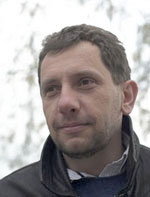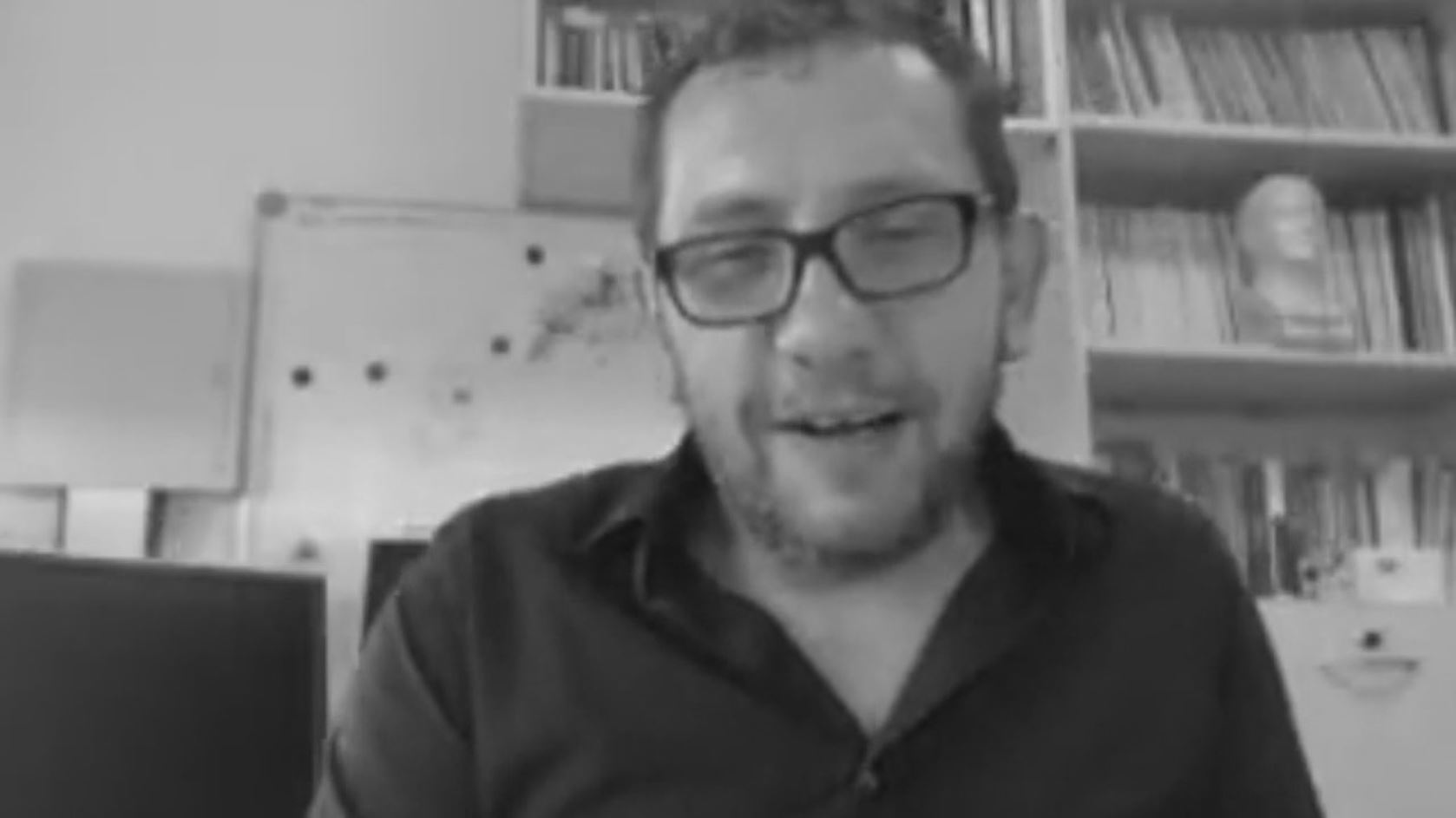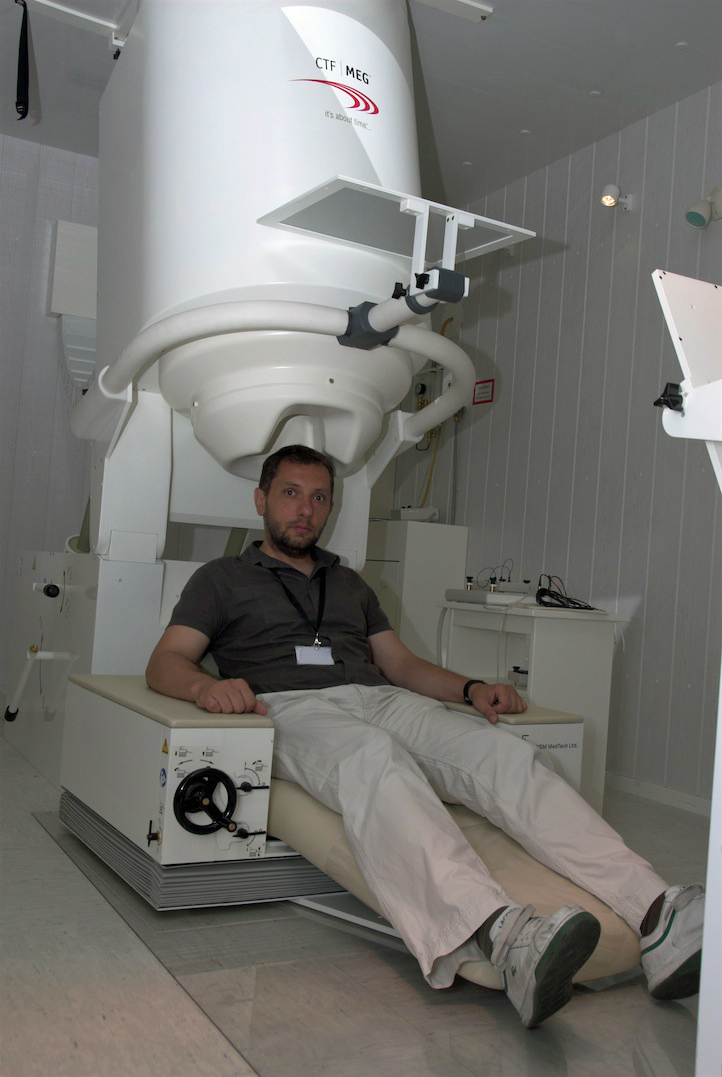 So far, artificial intelligence (AI) failed to achieve biological-like levels of intelligence. The recent theory of practopoiesis tells us why: The existing systems are not sufficiently adaptive. Practopoiesis can also guide us to exactly pinpoint where the problems are and how to fix them. The problems stem from the fact that the knowledge must be stored in a much more general form than what we usually allow to AI. Moreover, limitations come from the sheer amount of cybernetic knowledge that needs to be accumulated and the intensive feedback from the environment required during the accumulation process. The consequence is that, unlike us, machines lack a vast amount of basic knowledge to begin their learning process with. This is a how-to-learn knowledge and would be a machine’s equivalent to starting a biological life with an already well-established genome—which required millions of years of painstaking trials and errors by our ancestors.
So far, artificial intelligence (AI) failed to achieve biological-like levels of intelligence. The recent theory of practopoiesis tells us why: The existing systems are not sufficiently adaptive. Practopoiesis can also guide us to exactly pinpoint where the problems are and how to fix them. The problems stem from the fact that the knowledge must be stored in a much more general form than what we usually allow to AI. Moreover, limitations come from the sheer amount of cybernetic knowledge that needs to be accumulated and the intensive feedback from the environment required during the accumulation process. The consequence is that, unlike us, machines lack a vast amount of basic knowledge to begin their learning process with. This is a how-to-learn knowledge and would be a machine’s equivalent to starting a biological life with an already well-established genome—which required millions of years of painstaking trials and errors by our ancestors.
A shortcut for building AI possessing similar basic knowledge can be found from the fact that our own behavior already reflects the knowledge stored in our genome (following from the principle of knowledge transcendence of practopoiesis). In my talk, I will propose a knowledge transfer theorem, enabling us to extract this knowledge from human operators and instill it into machines. I will also reveal a set of procedures that make this transfer of knowledge possible based on human-machine interaction. The theorem tells us that we can transfer knowledge from our genome to machine “genome”. Consequently, the effort to build biological-like adaptive AI (a.k.a., artificial general intelligence, or strong-AI) will primarily involve neither programming nor learning-databases. Rather, the process will heavily rely on an effort of interacting with machines much similar to the way in which we interact with, and teach, our biological children. This extensive effort shall be known as AI-kindergarten.
Using the theory of practopoiesis, I will define first the problem of building biological-like artificial intelligence (or strong AI) and then explain the optimal efforts needed for a successful solution. This effort will require transferring knowledge from humans to machines in a manner that is more similar to what teachers do in preschools than what programmers and engineers do in labs. Thus, to create a strong AI, we will first have to create and employ a gigantic AI-kindergarten. Check out my presentation below to see more details on what I have in mind:
About the Author:
 Danko Nikolić is a brain and mind scientist, running an electrophysiology lab at the Max Planck Institute for Brain Research, and is the creator of the concept of ideasthesia. More about practopoiesis can be read here
Danko Nikolić is a brain and mind scientist, running an electrophysiology lab at the Max Planck Institute for Brain Research, and is the creator of the concept of ideasthesia. More about practopoiesis can be read here


 The main motive for my studies is the explanatory gap between the brain and the mind. My interest is in how the physical world of neuronal activity produces the mental world of perception and cognition. I am associated with the Max-Planck Institute for Brain Research, Ernst Strüngmann Institute, Frankfurt Institute for Advanced Studies, and the University of Zagreb.
The main motive for my studies is the explanatory gap between the brain and the mind. My interest is in how the physical world of neuronal activity produces the mental world of perception and cognition. I am associated with the Max-Planck Institute for Brain Research, Ernst Strüngmann Institute, Frankfurt Institute for Advanced Studies, and the University of Zagreb.